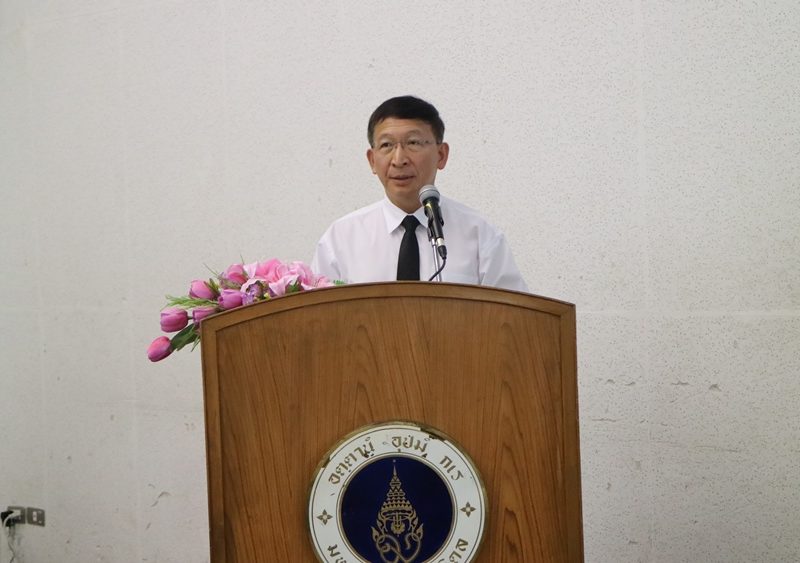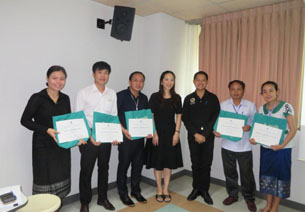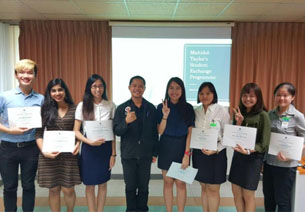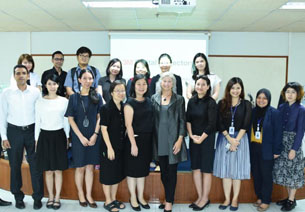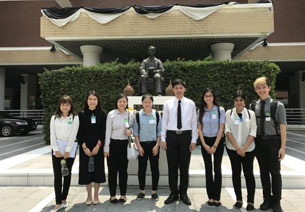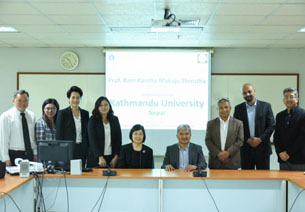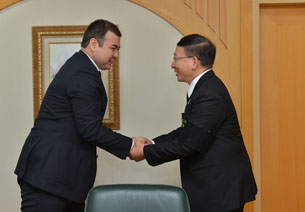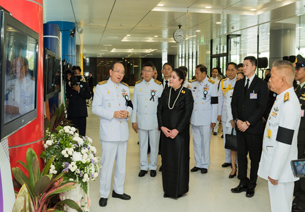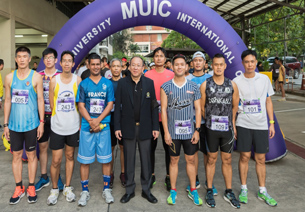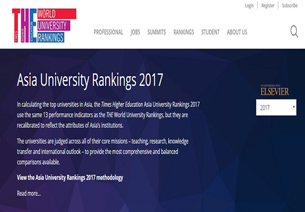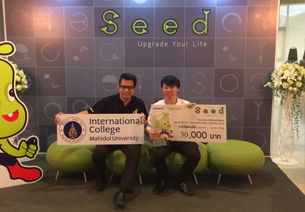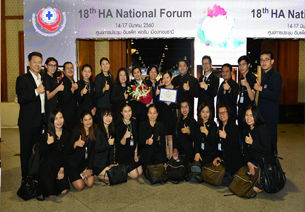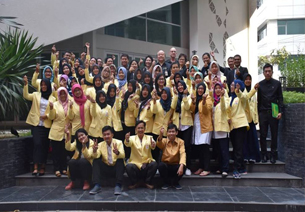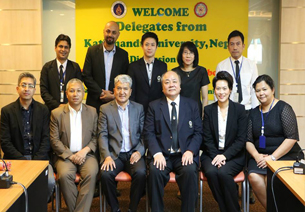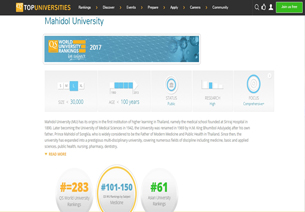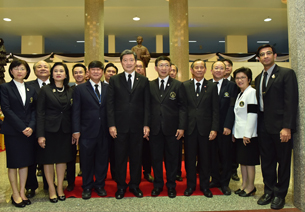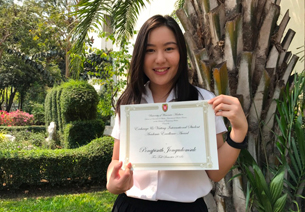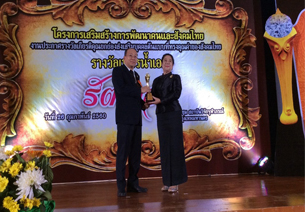The education model of Mahidol University will shift away from an emphasis on classroom instruction and knowledge content towards promotion of the acquisition of specified skills nurturing desirable qualities in students, President Clin. Prof. Udom Kachintorn, MD, declared at the opening ceremony of a seminar on the universtiy’s new direction towards outcome-based education on March 13, 2017.
“Students will also have to be proficient in two or more languages, which would make them well-qualified and competitive for employment. Every program needs to keep up with the changing world, knowing precisely for what goals it prepares its graduates, where and what they will be doing after graduation,” said Prof. Udom.
“Our students need to have the opportunity to gain practical work experience. At least one semester or six credits should be devoted to this,” he added.
Speaking on “A Policy on Opening, Improving and Closing Programs, Clin. Prof. Suwat Benjaponpitak, MD, Vice President for Education, outlined the four characteristics desired for MU graudates and personnel as follows: 1) T-shaped (having knowledge in breadth and depth) 2) globally talented 3) soically contributing 4) entrepreneurially minded.
As the university is moving towards these goals, its curriculums and programs, both undergraduate and graduate, need to be adjusted accordingly. Thus, new criteria have been established for opening, improving and closing programs, he said.
The following criteria will be used to guide judgements and decisions on opening or improving a program: 1) its ability to address the needs of society 2) its consistency with the university’s policy and strategies for outcome-based curriculums 3) its being in a field of study that has experienced a shortage of graduates 4) its being within the scope of expertise of the faculty, college, or institute that offer it 5) its being an international program 6) its offering joint degrees in conjunction with international universities.
For a Thai language program, at least Criteria 1-4 must be met. For an international program, at least Criteria 1,2,4,5, and/or 6 must be satisfied. Even in a Thai language bachelor degree program, English will be added as a language of instruction so as to increase student’s advantage for career prospects and further studies.
In addition, a program may be closed if 1) it fails to comply with Benchmarks for Bachelor Degree Curriculums B.E.2558, Benchmarks for Graduate Degree Curriculums B.E.2558, or relevant professional practice standards 2) it does not address the needs of society or the number of students enrolled is less than 50% of the planned admission number 3) it has suspended admissions or not had new enrollments for two consecutive academic years 4) its revenues were below the break-even point for two consecutive academic years.





